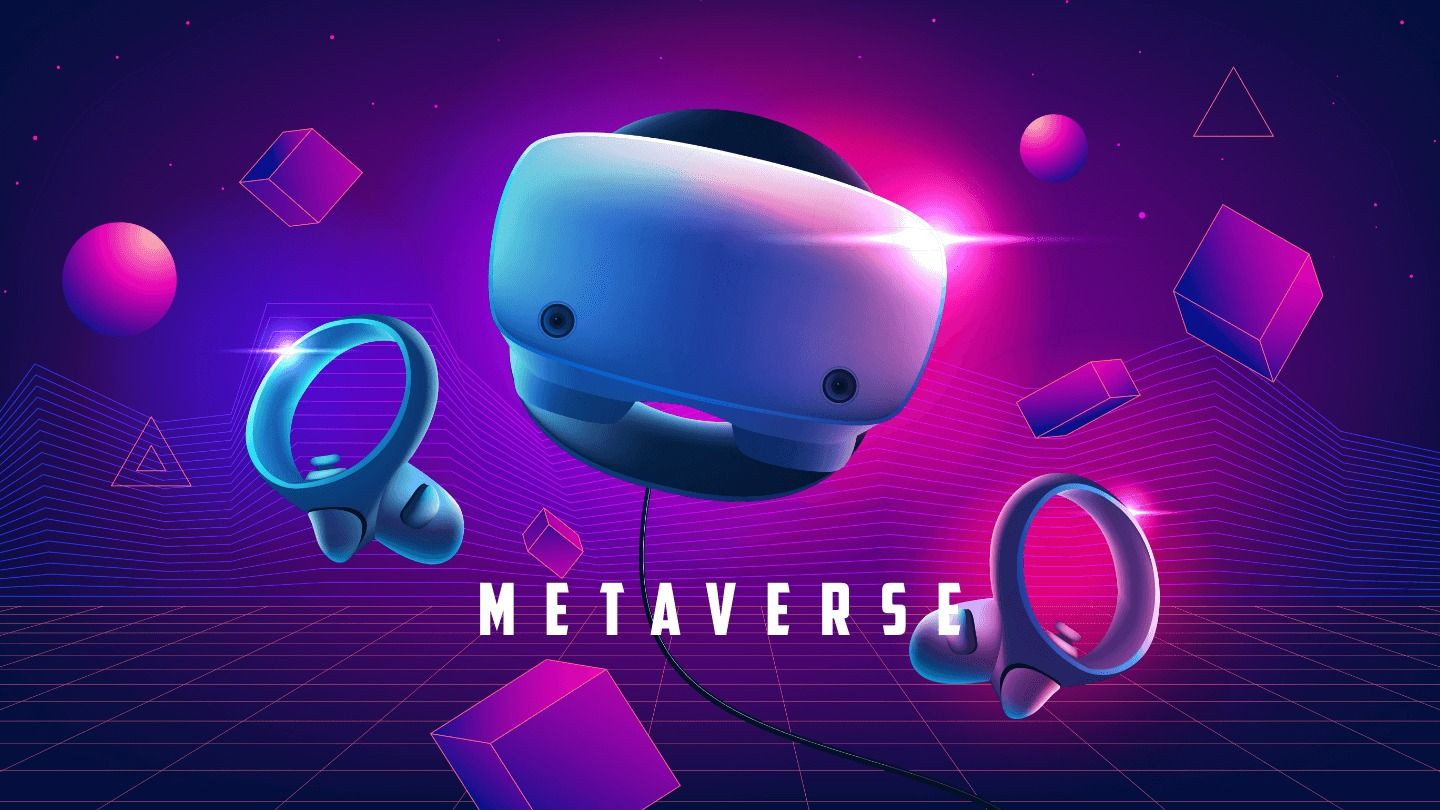The Rise of AI in Motorsport: From Pit Stop Optimization to Autonomous Racing
The roar of engines, the smell of burning rubber, and the thrill of speed—these are the hallmarks of motorsport. But beneath the surface of this adrenaline-fueled spectacle, a quiet revolution is unfolding, driven by the transformative power of artificial intelligence (AI).
AI is no longer just a futuristic concept in the realm of science fiction. It is rapidly infiltrating various aspects of motorsport, enhancing performance, improving safety, and even paving the way for autonomous racing. From analyzing race data and optimizing pit stops to predicting driver behavior and designing next-generation vehicles, AI is poised to reshape the future of this high-octane sport.
AI-Powered Performance Enhancement: Optimizing Every Aspect of Racing
AI is fundamentally changing the way teams approach racing. It's not just about winning; it's about maximizing every single aspect of performance.
Data Analysis and Predictive Modeling
The massive amounts of data generated during races, including telemetry from cars, driver inputs, track conditions, and weather patterns, can be overwhelming. AI algorithms can process this data at lightning speed, identifying patterns and insights that are invisible to the human eye. This data-driven approach allows teams to:
- Optimize car setups: AI can analyze real-time track conditions and driver performance to suggest the ideal car setup for each race, ensuring optimal handling and speed.
- Predict driver behavior: AI can analyze past race data to anticipate a driver's actions and strategies, allowing teams to make proactive decisions to counter potential moves.
- Optimize pit stop strategies: AI can analyze various factors, such as fuel levels, tire wear, and race position, to determine the optimal time for a pit stop, minimizing time loss and maximizing strategic advantage.
AI-Assisted Driving: From Training Tools to Autonomous Vehicles
AI is also being used to enhance driver performance. Simulators equipped with AI can provide realistic racing environments, allowing drivers to practice and refine their skills without the risks and costs of real-world testing. AI-powered coaching systems can analyze driver behavior and provide personalized feedback, helping them improve their driving techniques.
However, the most ambitious development in AI-assisted driving is the emergence of autonomous race cars. While still in its early stages, this technology promises to revolutionize the sport by eliminating human error and creating a level playing field for teams. Autonomous race cars rely on advanced sensors, AI algorithms, and sophisticated control systems to navigate the track, react to changing conditions, and make decisions in real-time.
The Future of Motorsport: A Balance of Human Skill and AI Intelligence
While AI offers significant advantages in motorsport, it is important to acknowledge that it is not a replacement for human drivers. The thrill of motorsport lies in the combination of human skill, instinct, and strategy. AI can enhance these human capabilities, but it cannot fully replicate the human element of racing.
The future of motorsport is likely to be a hybrid of human and AI intelligence. Drivers will continue to push the limits of their skills, while teams will leverage AI to optimize performance, analyze data, and develop innovative technologies. The question is not whether AI will take over motorsport; it's how we can harness its power to elevate the sport to new heights of excitement and innovation.
Navigating the Challenges of AI Integration
Despite its potential, the integration of AI into motorsport faces several challenges:
- Ethical considerations: Autonomous racing raises ethical questions about driver safety, responsibility in accidents, and the potential for AI to take control of the sport.
- Data privacy: The collection and analysis of large amounts of race data raise concerns about driver privacy and data security.
- Cost and accessibility: The development and implementation of AI technologies can be expensive, potentially creating an uneven playing field for smaller teams.
- Public acceptance: The idea of autonomous racing may not be universally accepted, as some fans may find it less exciting than human-driven competition.
The Road Ahead: A Collaborative Future for Humans and AI
The future of motorsport lies in finding a balance between human skill and AI intelligence. By addressing the ethical concerns, ensuring data privacy, and making AI accessible to all teams, we can unlock the full potential of this transformative technology.
Ultimately, the goal is to create a more exciting, competitive, and innovative sport that captivates audiences and pushes the boundaries of technology. As AI continues to evolve, the relationship between humans and machines in motorsport will become even more intriguing, shaping the future of this high-octane spectacle.
The next chapter of motorsport will be written with AI as a powerful tool in the hands of human ingenuity. The journey will be filled with challenges and opportunities, as we explore the dynamic interplay between human and artificial intelligence, pushing the boundaries of what is possible. The race is on!

















